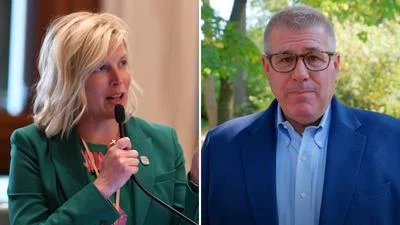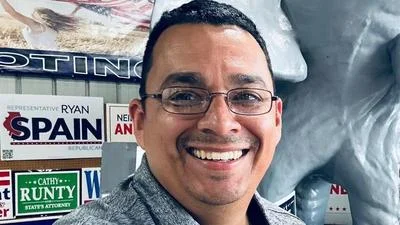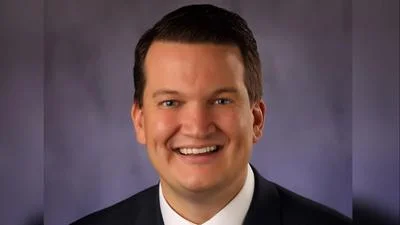Illinoisans get more taxed on gas at the start of fiscal year. | Image by senivpetro on Freepik
Illinoisans get more taxed on gas at the start of fiscal year. | Image by senivpetro on Freepik
The increase in the gas tax and the resumption of the state’s grocery tax brought forth annoyance from Illinoisans.
Janet Minniear, a Dixon resident, noted her displeasure with the tax increase on Facebook.
“Well happy day for us in Illinois,“ Minniear said. “Our very rich illustrious governor has reinstated the slight grocery tax relief he gave us to ease the covid burden. Not that things has gotten that much better in this state.”
Minniear called it a "Double whammy."
“TO top it off as if gas prices wasn't high enough he has slapped another gas tax upon us which starts today," she said. " And of course like everyone else the property tax raised. The annual Petunia festival is here and the price for the carnival rides and entertainment is outrageous.”
Starting last Saturday, July 1, two taxes on essential items in Illinois increased. The state's gas tax was expected to rise by 3.1 cents per gallon, bringing the total tax to 45.4 cents, marking the second increase in the motor fuel tax this year, according to The Center Square. Additionally, the state's 1% tax on groceries, which was temporarily suspended during last year's election cycle, was reinstated. Gov. J.B. Pritzker defended the reinstatement, citing the need for local government funding, while critics argue that the tax increases place a burden on residents who are already facing high property taxes. The state's recently approved fiscal year 2024 budget also includes other fee increases.
Illinois implemented a gas tax increase at the start of the year, adding 3.2 cents per gallon of gas, resulting in the state having the second-highest gas tax in the United States after California. The State Motor Fuel Tax in Illinois was previously set at $0.423 per gallon of gasoline and $0.498 per gallon of diesel fuel until June 30, Mahomet Daily reported.
The end of the one-year suspension of the grocery tax, implemented by Pritzker during his election year, is notable given the overwhelming majority of states don’t tax food. Despite discussions on making the tax suspension permanent, the majority of state lawmakers opted against joining the majority of states that do not tax groceries at all. According to Illinois Policy, only 13 states in total tax groceries and Illinois is the only among the ten most populous states to impose a tax on groceries.




 Alerts Sign-up
Alerts Sign-up